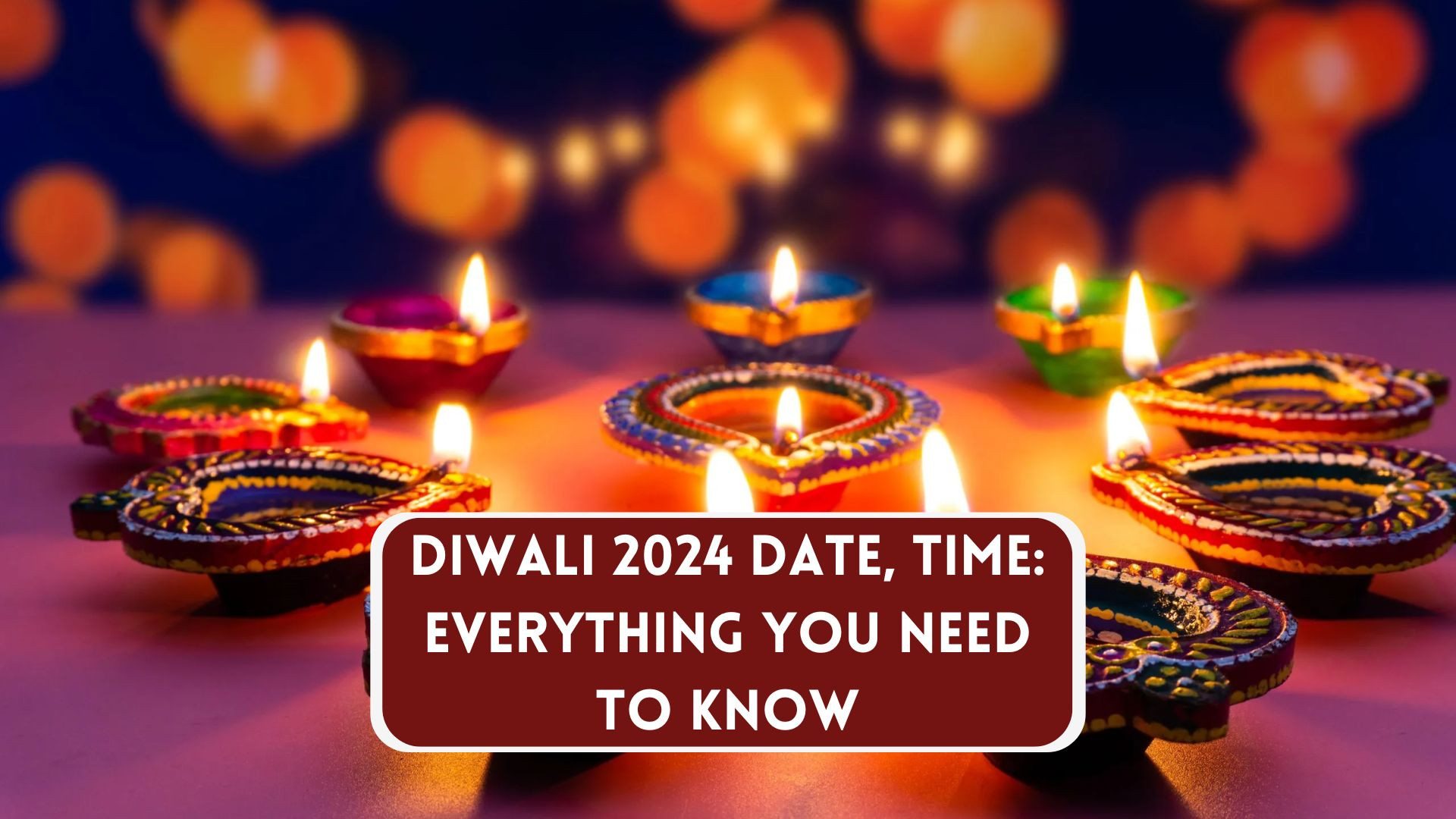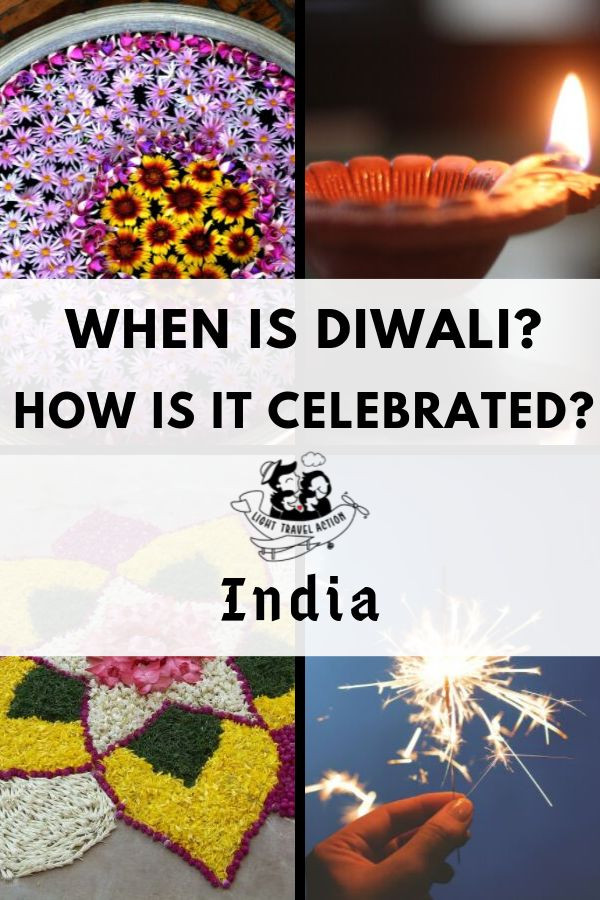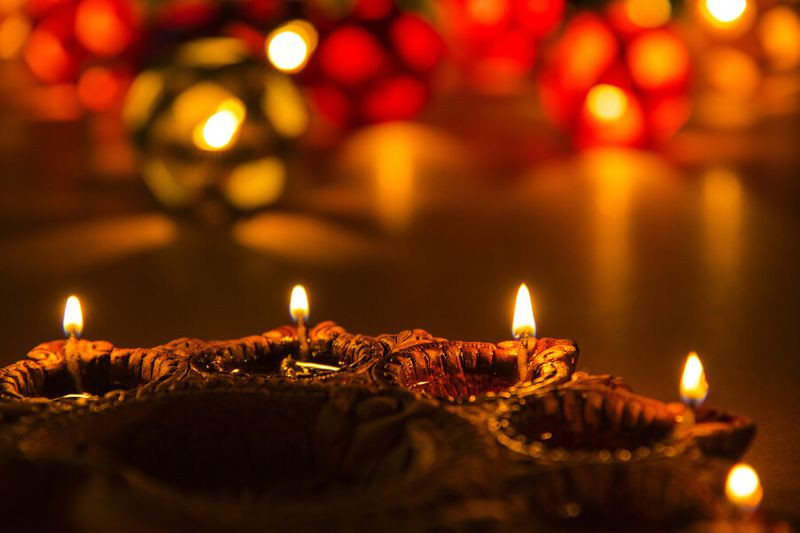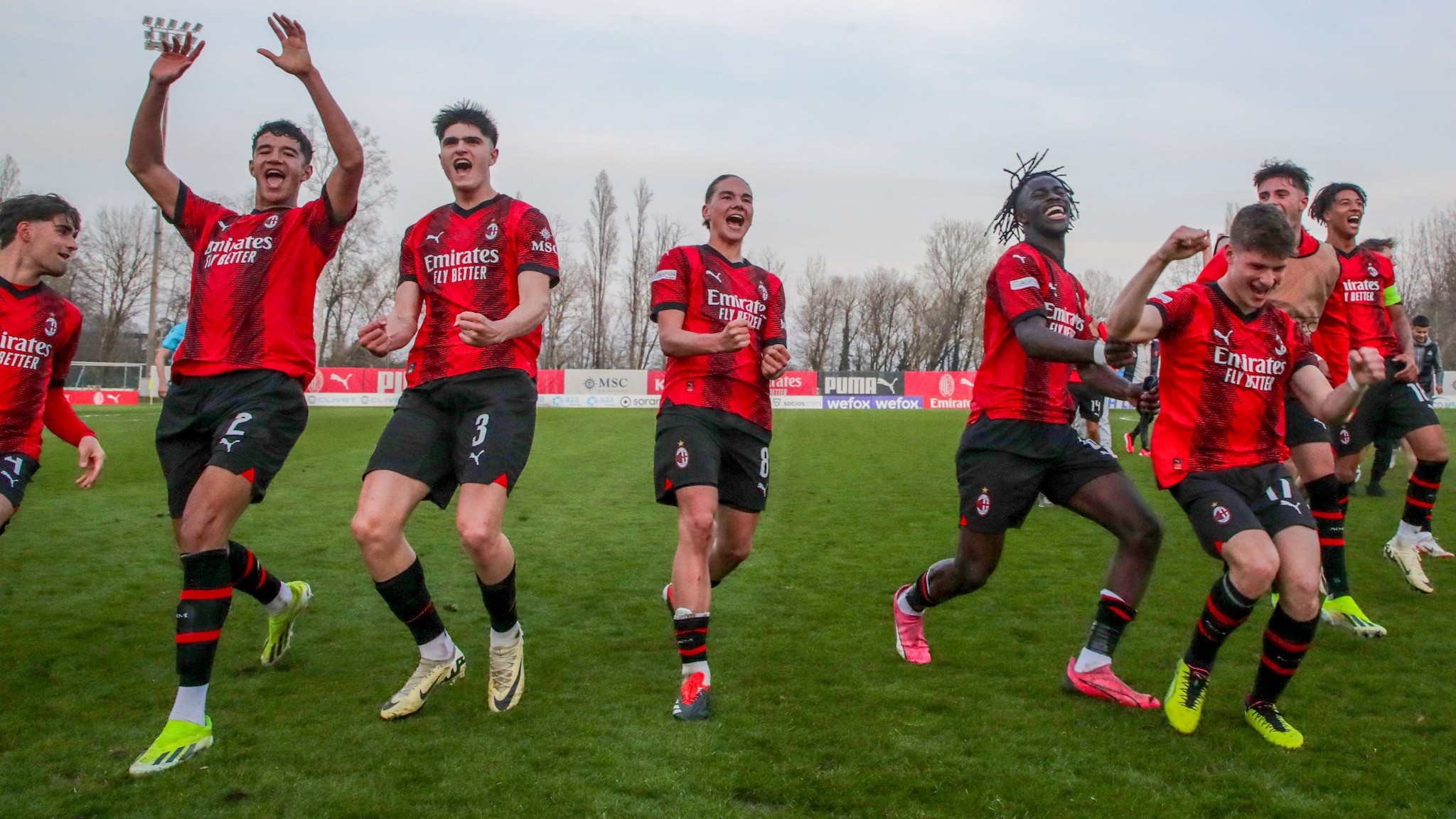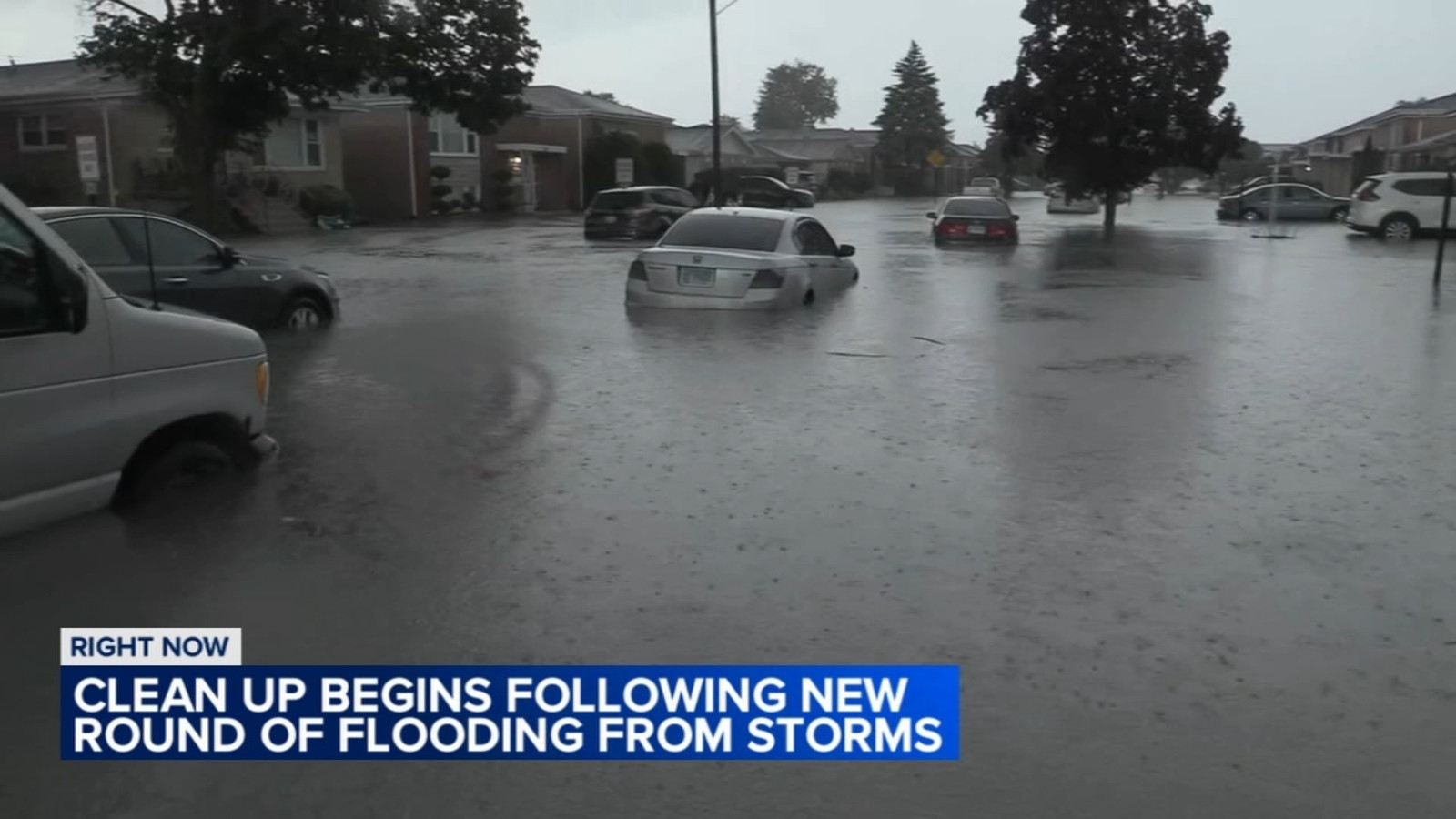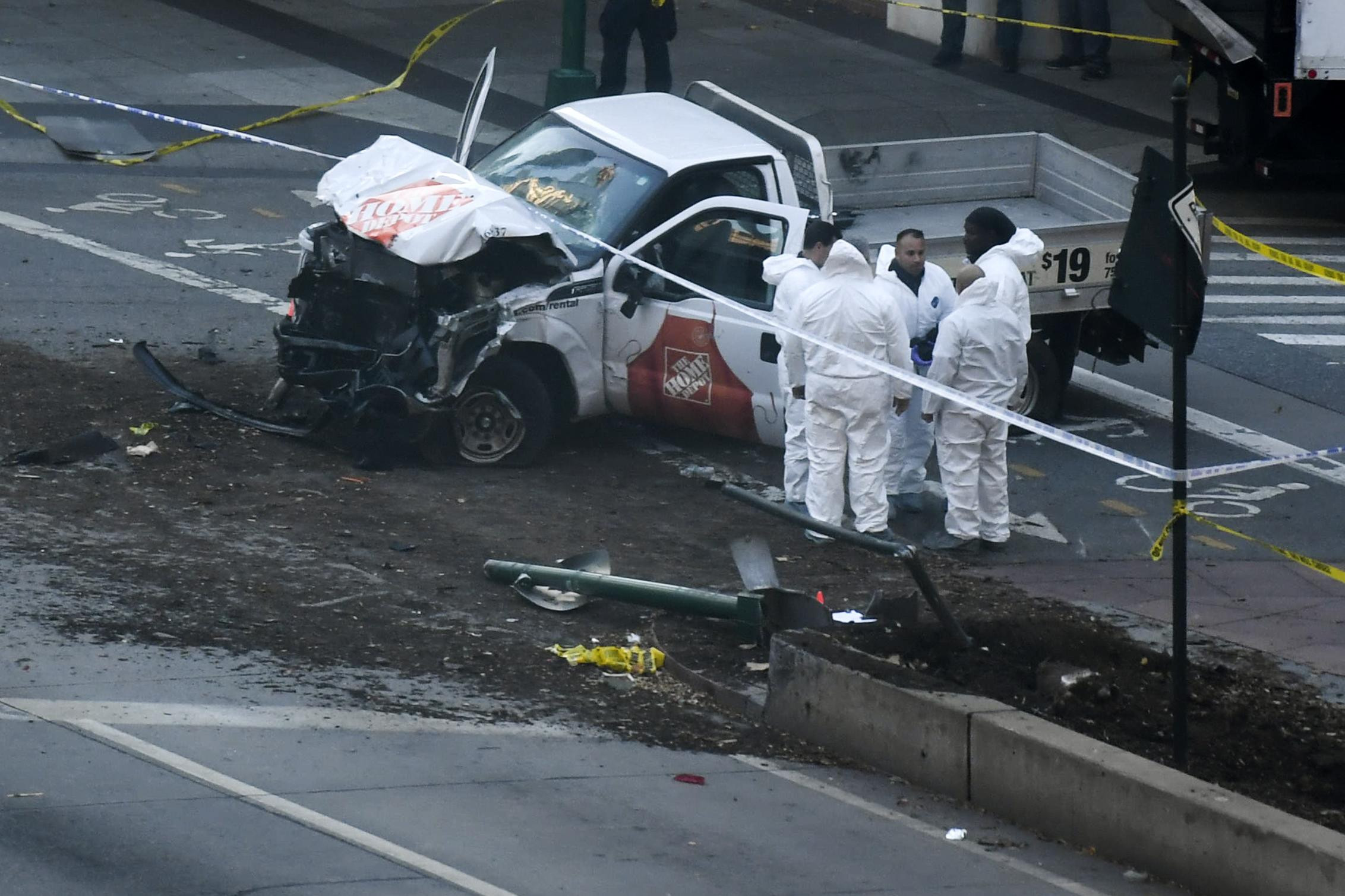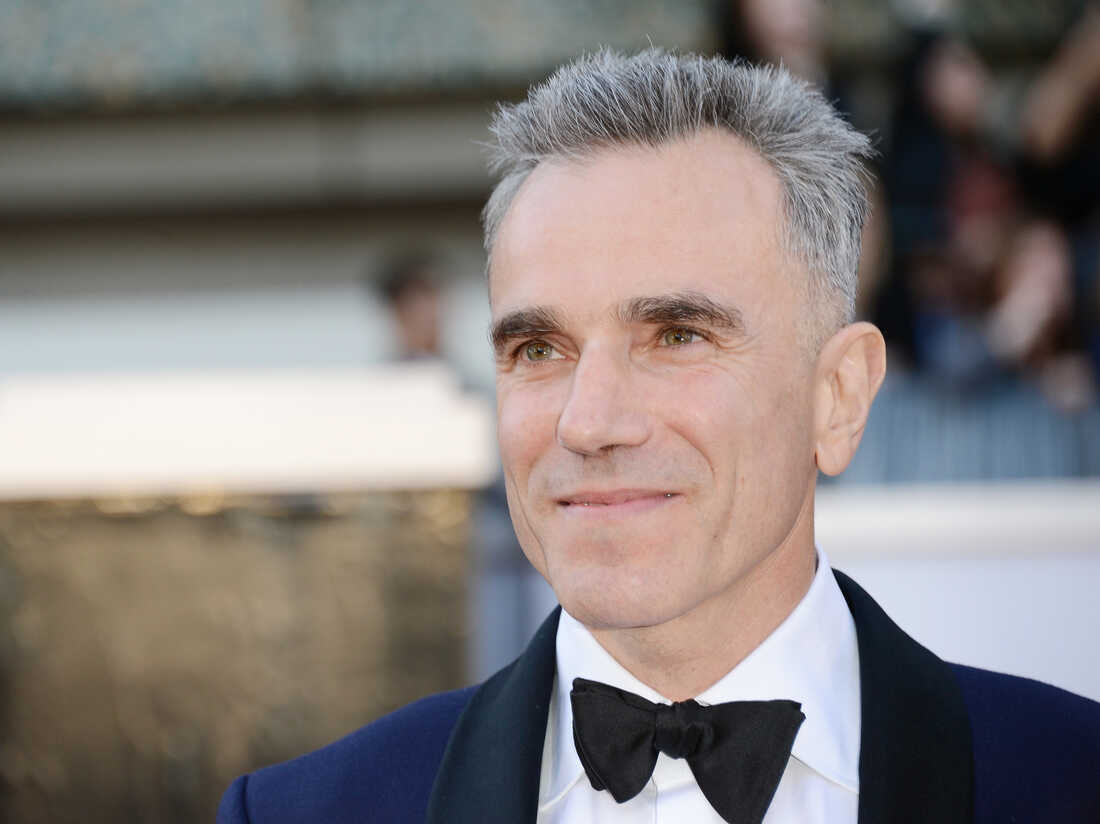Millions of people across the globe are celebrating Diwali, the festival of lights, which is one of the most important festivals for many Hindus and those of Indian descent. The festival will be celebrated by many today, although some parts of India will mark the occasion on Friday. Diwali typically falls between October and November but dates can vary as celebrants follow a lunar calendar. On Diwali people light candles and lamps to symbolise light's triumph over darkness - which in turn is an apparent demonstration of good emerging over evil or knowledge over ignorance. While most celebrants are Hindus, Jains and Sikhs also mark the festival. Ahead of the celebrations, many people buy sweets and gifts with family, friends and neighbours. People will also worship the Hindu goddess of wealth, Lakshmi. As part of tradition, people will leave lit lamps and open their doors and windows in hopes that Lakshmi will enter their homes. The celebration is also know for rangoli decorations on the floor as well as fireworks. A popular dish to eat on Diwali is Lapsi Halway, which is made from cracked wheat, cooked with ghee and then coated with cardamom and sugar. The festival lasts up to five days and coincides with the new moon called Amavasya. This year Diwali overlaps with Halloween celebrations in several Western countries. Many people of Indian descent in the UK have arranged events where families can celebrate in venues across the country.
The Significance of Diwali
Diwali is a significant festival for Hindus, Sikhs, and Jains across the globe. It is a celebration of the triumph of light over darkness, good over evil, and knowledge over ignorance. This victory is often symbolized by the story of Lord Rama's return to Ayodhya after 14 years of exile, as well as the story of the demon king, Narakasura's, defeat by Krishna. Diwali marks the beginning of a new year and is a time for people to come together and celebrate with family and friends. It is also a time for reflection and renewal, as people make resolutions to improve themselves and their lives.
How is Diwali Celebrated?
Diwali is celebrated in a variety of ways around the world, but some of the most common traditions include:
Lighting Diyas and Candles
Diyas, small clay lamps filled with oil and a wick, are lit in homes and temples to symbolize the triumph of light over darkness. People also light candles and other forms of illumination to create a festive atmosphere.
Rangoli Decorations
Rangoli is a traditional Indian art form that involves creating intricate patterns on the floor using colorful materials such as powdered lime stone, colored sand, red ochre, flower petals, and colored rocks.
Fireworks Displays
Fireworks are a popular part of Diwali celebrations in many parts of the world. They are set off to symbolize the joy and celebration of the festival.
Feasting
Diwali is a time for feasting and celebrating with family and friends. People enjoy a variety of traditional Indian dishes, including sweets, snacks, and savory meals. A popular sweet dish to eat during Diwali is Lapsi Halwa, which is made from cracked wheat, cooked with ghee and then coated with cardamom and sugar.
Worshiping Lakshmi
Lakshmi, the Hindu goddess of wealth, prosperity, and good fortune, is worshipped during Diwali. People offer prayers to Lakshmi and seek her blessings.
The Five Days of Diwali
Diwali is celebrated over five days, each with its own significance:
-
Dhanteras: The first day of Diwali is known as Dhanteras. It is a day for worshipping the goddess Lakshmi, as well as the god of wealth, Kubera. People often buy new items, like jewelry or utensils, on Dhanteras to attract prosperity.
-
Choti Diwali: The second day of Diwali is known as Choti Diwali. It is a day for celebrating the victory of Lord Rama over the demon king, Ravana. People often perform puja (worship) on Choti Diwali and light diyas and candles.
-
Diwali: The third day of Diwali is the main day of the festival. It is a day for celebrating the return of Lord Rama to Ayodhya after 14 years of exile. People light diyas, candles, and fireworks, and enjoy feasting and celebrations with family and friends.
-
Annakut: The fourth day of Diwali is known as Annakut. This day is devoted to the worship of Lord Krishna, who is associated with prosperity and abundance. People offer food and other offerings to Krishna on Annakut.
-
Bhai Dooj: The fifth day of Diwali is known as Bhai Dooj. It is a day for celebrating the bond between brothers and sisters. Sisters apply tilak (a mark of auspiciousness) on their brothers' foreheads and pray for their long life and well-being.
Diwali Around the World
Diwali is celebrated by millions of people around the world, including in India, the United States, Canada, the United Kingdom, Australia, and other countries. In the UK, there are an estimated 1.45 million Indians, 1.17 million Pakistanis, 451,500 Bangladeshis, and thousands of other South Asians, including people from Sri Lanka, Nepal, Bhutan and the Maldives, as well as third-generation Asians and Asians of mixed parentage. For this diverse group of people, Diwali is a big celebration that involves reunions with family and friends, firework displays, feasting together and prayer. While it is largely known as a Hindu festival, it is also celebrated across other religions including Sikhism, Jainism, and Buddhism.
Diwali: A Celebration of Hope
Diwali is more than just a festival of lights. It is a celebration of hope, optimism, and the triumph of good over evil. It is a reminder that even in the darkest of times, there is always hope for a brighter future. The large number of lit lamps make for an incredible display, symbolising the way in which light can overcome darkness, and how hope can conquer despair. As Diwali is celebrated around the world, it provides an opportunity for people of all faiths and cultures to come together and celebrate the power of unity and diversity. May the lights of Diwali bring you and your loved ones' life brighter and happier.




